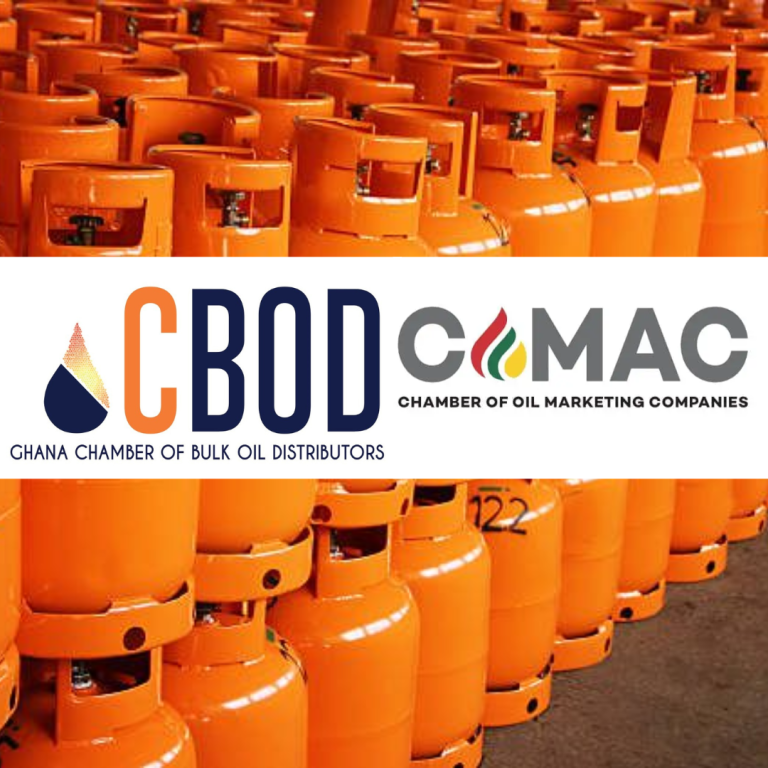The Chamber has stated that fuel prices at the pump could have dropped significantly if inefficiencies in Ghana’s petroleum delivery system, particularly the management of Laycan schedules, were addressed.
Speaking on TV3’s Business Focus, Dr. Ofori highlighted that the Ghanaian cedi has remained relatively stable and international fuel prices have not experienced major surges. Yet, domestic pump prices remain higher than necessary due to inefficiencies in the management of the petroleum supply chain, particularly the Laycan scheduling system, denying consumers the full benefits of favourable market conditions.
Meanwhile, the National Petroleum Authority (NPA) has assured the public that Ghana currently has sufficient fuel stocks, with over 400 million litres of petrol and diesel available, and that price increases will remain marginal. However, CBOD argues that this is not enough; structural inefficiencies must be resolved to secure long-term price reductions for Ghanaians.
“If the published Laycan schedules were strictly followed and managed efficiently, we’d be seeing lower prices at the pump today.”
– Dr. Patrick Ofori, CEO, CBOD
Laycan Disruptions Driving Up Costs
Dr. Ofori explained that deviations from planned Laycan schedules are resulting in delays and demurrage charges that can raise the landed cost of fuel by $8 to $15 per ton just on mooring fees. These extra costs are ultimately passed on to the consumer.
He further noted that some importers, sometimes with alleged regulatory backing, bypass the established scheduling system. These disruptions undermine market discipline and create uncertainty in the supply chain, forcing Bulk Import, Distribution and Export Companies (BIDECs) to absorb additional overheads.
“It is time the Energy Ministry and Finance Ministry step in to protect consumers. We can’t continue to let inefficiencies and non-compliance drive up costs which ends up being passed down to the ordinary Ghanaian,” Dr. Ofori urged.
CBOD Calls for Transparent, Enforced Scheduling
CBOD and its members are demanding a transparent, uninterrupted, and fairly enforced Laycan scheduling system to ensure operational efficiency, fairness among market participants, and sustained price relief for consumers.
Dr. Ofori stressed that a well-managed scheduling process would strengthen confidence in the downstream sector and help maintain market stability.
Financing Risk Undermines Market Stability
He also highlighted growing concerns over the structure of petroleum financing in Ghana. He disclosed that 80% of fuel imports are now financed by International Oil Trading Companies (IOTCs), not local banks. This shift places increased pressure on delivery timelines and regulatory predictability.
“Any disruption in schedules or lack of regulatory certainty threatens the trust and credit arrangements we have with these international financiers,” he warned.
Way Forward
While the NPA maintains that current stock levels are sufficient, CBOD insists that structural reforms, especially in Laycan scheduling, are essential to prevent artificial shortages and unnecessary price hikes.
The Chamber reaffirms its commitment to working collaboratively with all stakeholders to improve petroleum logistics, protect consumers, and promote transparency and sustainability in the sector.





